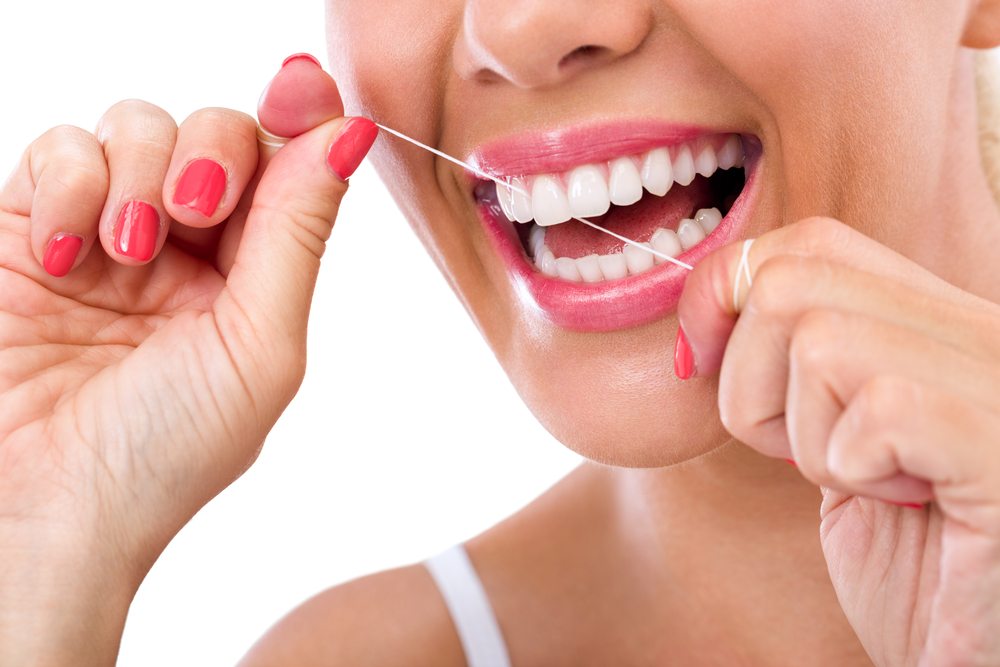
Flossing is an essential part of taking care of your teeth and gums. The American Dental Association recommends flossing at least once a day to help remove plaque from the areas between your teeth where your toothbrush can’t reach. This is important because plaque that is not removed by brushing and flossing can eventually harden into calculus or tartar. Flossing also helps prevent gum disease and cavities.
What Is The Best Time to Floss—Before or After Brushing?
A 2105 Survey from people resulted in 53% before, while 47% said after.
So who’s right? Technically, everyone. The most important thing about flossing is to do it. As long as you do a thorough job, it doesn’t matter when. Pick a time of day when you can devote an extra couple of minutes to your dental care. People who are too tired at the end of the day may benefit from flossing first thing in the morning or flossing after lunch. Others might like to go to bed with a clean mouth.
And don’t forget, children need to floss too! You should be flossing your child’s teeth as soon as he or she has two teeth that touch. Because flossing demands more manual dexterity than very young children have, children are not usually able to floss well by themselves until they are age 10 or 11.
Keep in mind that flossing should not be painful. Remember, If you’re too gentle during flossing, you might not be getting the food out. It’s normal to feel some discomfort when you first start flossing, but don’t give up. With daily brushing and flossing, that discomfort should ease within a week or two. If your pain persists, talk to your dentist.
What Should I Use to Floss?
There are several options for cleaning between teeth. You might choose to use dental floss or another product specifically made for this purpose like a dental pick, pre-threaded flosser, tiny brushes that reach between the teeth, water flosser. Ask your dentist how to use them properly if you are not sure. Stick with it and you’ll have adopted a healthy habit for life.
Talk to your dentist about what types of oral care products will be most effective for you. Look for products that contain the ADA Seal of Acceptance so you know they have been evaluated for safety and effectiveness.

One Comment